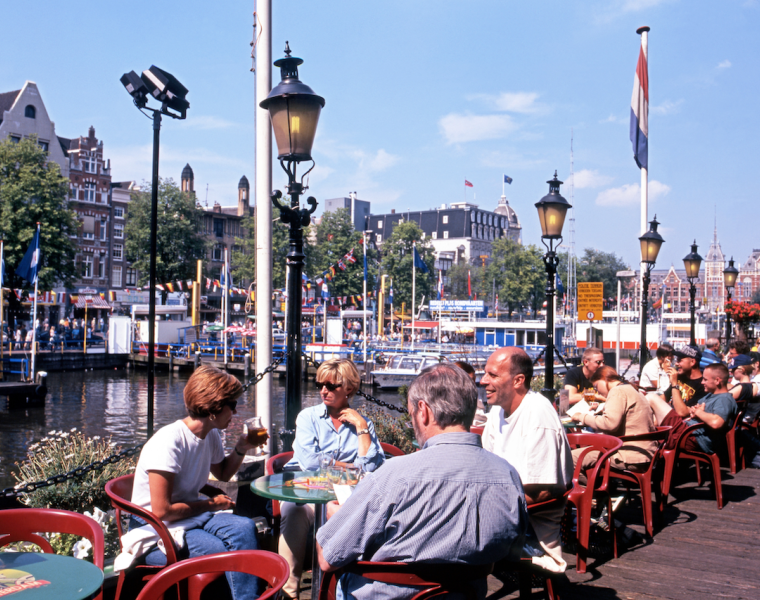Spreading Tourists Effectively
Destination Management Organisations (DMOs) are looking for interventions that effectively discourage tourists from visiting crowded hotspots and entice them to visit less crowded locations. Interventions like changing infrastructure, charging entrance fees and re-serving site access are either too expensive, too invasive or politically controversial. It is much easier to intervene on tourists' behaviour by informing them about alternatives.
It is now clear that signage and information via (social) media are not effective in spreading tourists around the destination. What did work in a first experiment was informing tourists at the destination on-demand about alternatives. That experiment took place around the pandemic in a rural setting in the Dutch province of Overijssel. The new project ‘Spreading Tourists Effectively’ repeats this Overijssel experiment in the urban environment of Amsterdam and Copenhagen.
Objective
The study ‘Spreading Tourists Effectively’ aims to investigate to what extent receiving information about popular attractions or less visited attractions, presented as ‘highlights’ of the city, has an effect on:
- tourists' movement to popular or less visited attractions;
- the appreciation of the visited location and the visit as a whole;
- the difference by information channel through which the information is presented.
Approach
The proposed project is a repeat of the ‘Beleef Overijssel’ project, but then carried out in Amsterdam and Copenhagen. Participants are recruited through the local DMO and then receive an intake form from the researchers and instructions to install a location tracker on their phone. They will then be randomly assigned to an information channel through which they will receive on-demand information about the highlights to be visited during their visit. Some of the visitors will be tipped busy locations, while others will receive less crowded highlights. The GPS tracking app will also send them a short questionnaire daily to gauge their experience. On the last day of their visit, a longer questionnaire will evaluate their stay as a whole. The findings will be presented at a workshop for each DMO with recommendations for information interventions.
Partners
- Breda University of Applied Sciences
- NHL Stenden University of Applied Sciences
- Travel With Zoey
- Mobidot
- Amsterdam&partners
- Wonderful Copenhagen
Project Team
- Ondrej Mitas (Buas)
- Bernadett Papp (NHL Stenden/ETFI)
- Marion Sikkens (NHL Stenden/ETFI)
- Stefan Hartman (NHL Stenden/ETFI)
Planning
September 2024 – june 2025
Status
Ongoing.



